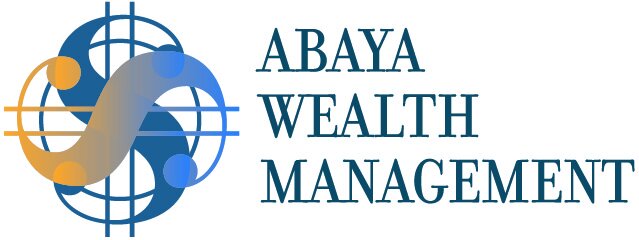How HSA Accounts Can Save You Money on Taxes
Let's talk about HSAs (Health Savings Accounts) and how they can help you save money on taxes. If you're not familiar, an HSA is a great tool for managing your healthcare expenses while also providing tax benefits.
One of the best things about an HSA is that your contributions are tax-deductible. That means you can lower your taxable income by putting money into your HSA account, up to the annual contribution limit. For 2022, that limit is $3,650 for individuals and $7,300 for families. Plus, if you're 55 or older, you can contribute an extra $1,000 per year as a catch-up.
It gets even better: When you withdraw money from your HSA to pay for qualified medical expenses, those withdrawals are tax-free. That means you can use your HSA funds to cover things like doctor visits, prescriptions, and copays without having to fork over any taxes. That's a win-win.
Your HSA funds can also grow tax-free, meaning you won't have to pay taxes on any interest, dividends, or capital gains earned on your account. Over time, this can really add up, especially if you invest your HSA funds wisely and let them grow for a while. An HSA is a true tax triple threat.
Unlike other healthcare accounts that you may be familiar with, like FSAs, your HSA funds don't expire at the end of the year. You can carry over your funds from year to year, and you can even use them to pay for healthcare expenses in retirement. That's right - no more worrying about how you're going to cover medical expenses in your golden years.
If you pass away, your HSA account can be inherited by your spouse tax-free. If you name a non-spouse beneficiary, they'll inherit the account at its fair market value, which may be subject to taxes. But if you name your estate as the beneficiary, the account may be subject to estate taxes. So, it's important to keep that in mind when planning for the future.
Obviously, HSA accounts are a total game-changer, and a wonderful tool, when it comes to managing healthcare expenses and saving money on taxes. So, if you haven't already, consider opening an HSA account and start taking advantage of all the benefits it has to offer.
Check out my You Tube Channel, Financially Fit and Fearless, for more tips.
Have a question about HSAs? Please reach out.
